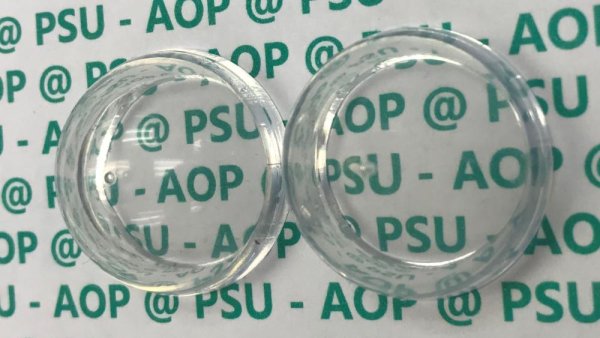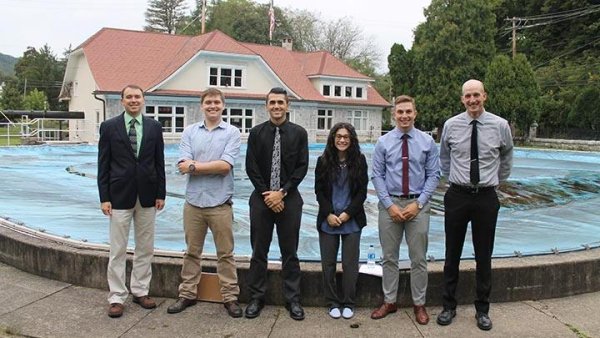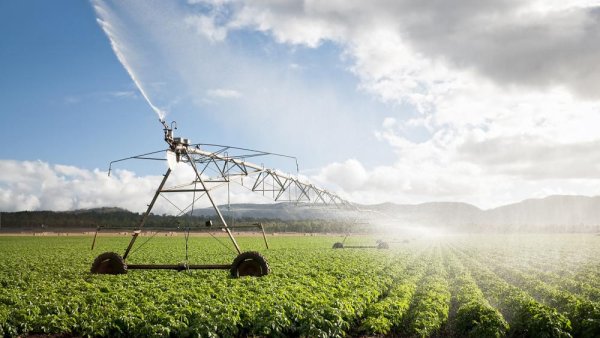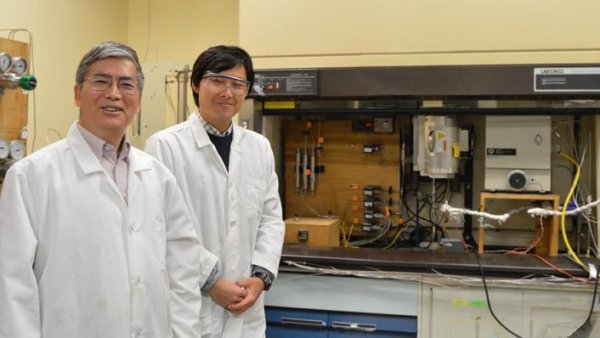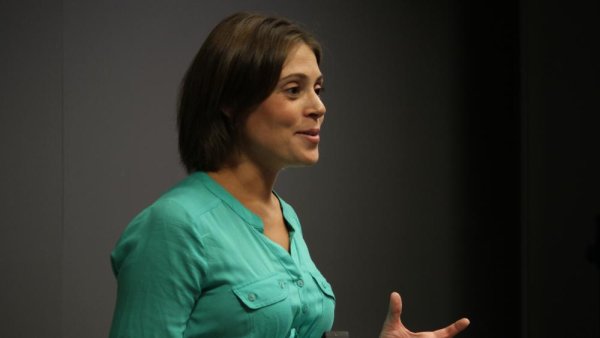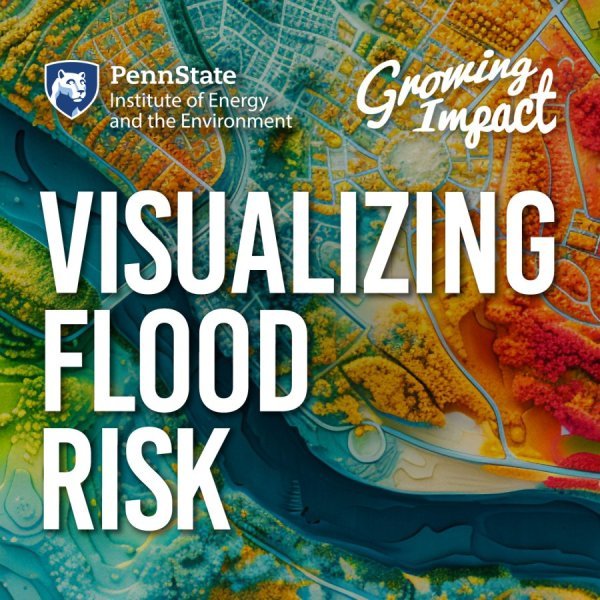Penn State faculty elected senior members of the National Academy of Inventors
| psu.edu
The National Academy of Inventors has named 66 academic inventors to the inaugural class of NAI senior members. Among these are six Penn State researchers.
Changing how government assesses risk may ease extreme financial event fallout
| psu.edu
When the economy sinks, federal loan programs, such as Fannie Mae and Freddie Mac, typically all suffer from the financial shock. However, these programs treat risk separately. Penn State researchers suggest that assessing combined risk, rather than assessing it on a program-by-program basis, may lessen taxpayer burden and lower the chances of the need for bailouts.
Antireflection coating makes plastic invisible
| psu.edu
Antireflection (AR) coatings on plastics have a multitude of practical applications, including glare reduction on eyeglasses, computer monitors and the display on your smart-phone when outdoors. Now, researchers at Penn State have developed an AR coating that improves on existing coatings to the extent that it can make transparent plastics, such as Plexiglas, virtually invisible.
Interior design scholar joins College of Arts and Architecture faculty
| psu.edu
Mihyun Kang has been appointed as a research professor in the Stuckeman School of Architecture and Landscape Architecture and the College of Arts and Architecture liaison to the Sustainability Institute. Kang, who holds a Ph.D. in interior design from the University of Minnesota, comes to Penn State from Oklahoma State University, where she was a professor and the holder of the Chris Salmon Endowed Professorship in the Department of Design, Housing and Merchandising. Her research focuses on sustainable interior design and design for special populations.
Penn State chosen by Department of Energy to help modernize the power grid
| psu.edu
In an effort to modernize and reimagine the United States' power grid, Penn State researchers have qualified for a highly selective, innovative competition sponsored by the U.S. Department of Energy.
Penn State Hazleton students work on engineering project for Bellefonte
| psu.edu
A group of engineering students at Penn State Hazleton is already getting the opportunity to put their knowledge and skills to use on a real-world project. They are working on designing a drinking water protection system for the borough of Bellefonte on its historic Big Spring, which provides water for about 9,000 customers.
Re-Imagining Energy: Generating Energy
| psu.edu
Penn State researchers are developing a range of innovative technologies to harvest the sustainable energy of natural processes to power our future. Part one of a five-part series.
Re-Imagining Energy: Storing Energy
| psu.edu
Penn State researchers are at the forefront of a revolution in materials that's enabling batteries that charge faster, last longer, and are safer than conventional batteries. Part two of a five-part series.
Larger cities have smaller water footprint than less populated counterparts
| psu.edu
Global sustainability is important now more than ever due to increasing urban populations and the resulting stress it can have on natural resources. But increased populations in cities may lead to greater efficiency, as a team of Penn State researchers discovered when they analyzed the water footprint of 65 mid- to large-sized U.S. cities.
Lab Bench to Commercialization 2018–19 grant recipients announced
| psu.edu
The Eberly College of Science's Office for Innovation has awarded three faculty members $75,000 each toward commercializing intellectual property from their research.
Carbon dioxide-to-methanol process improved by catalyst
| psu.edu
Dramatic improvements have been made to the process of converting carbon dioxide, a greenhouse gas, to methanol, a fuel and building block for a wide range of everyday materials, according to Penn State researchers.
New Faculty Academy members continue work on student engagement projects
| psu.edu
Four new members were accepted this year into the Faculty Academy, which provides funding for educators to create engagement opportunities and models for students on the local, regional and national level.



